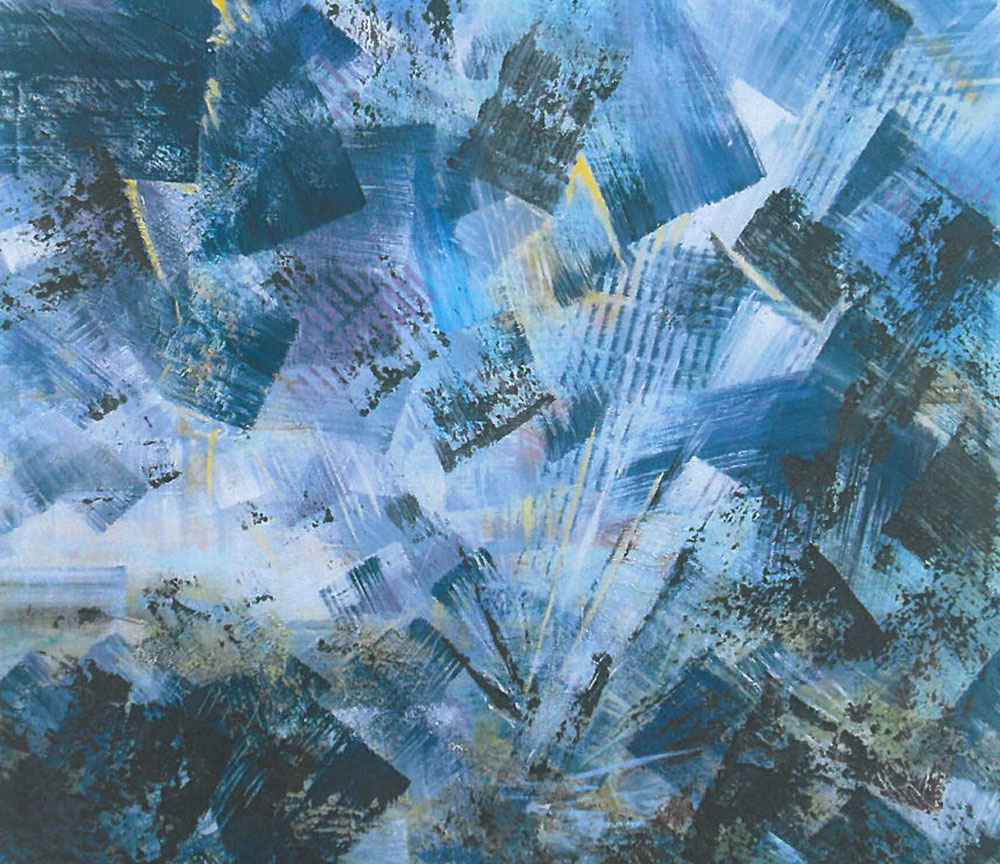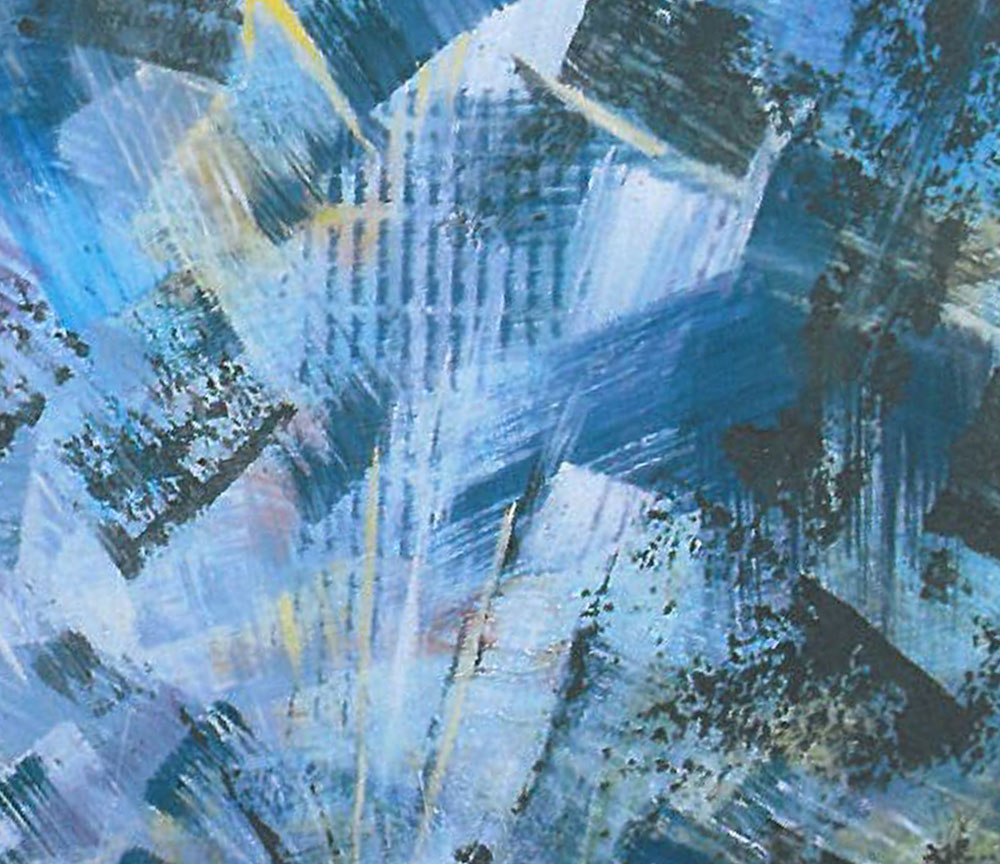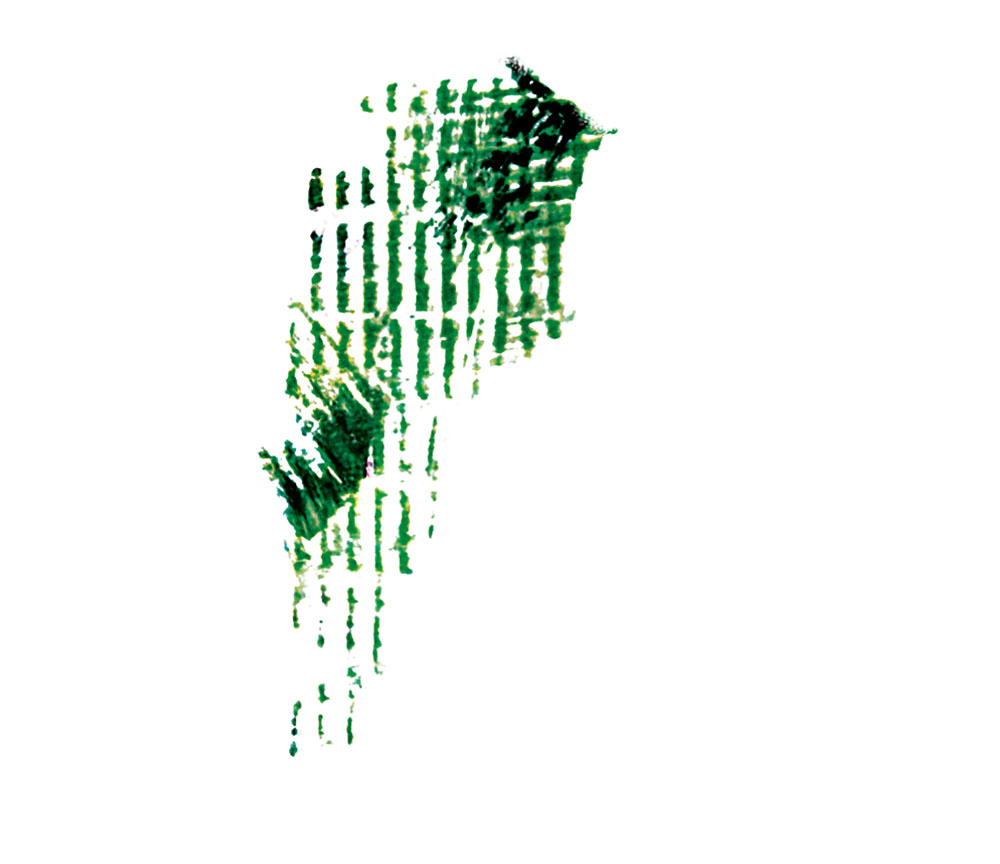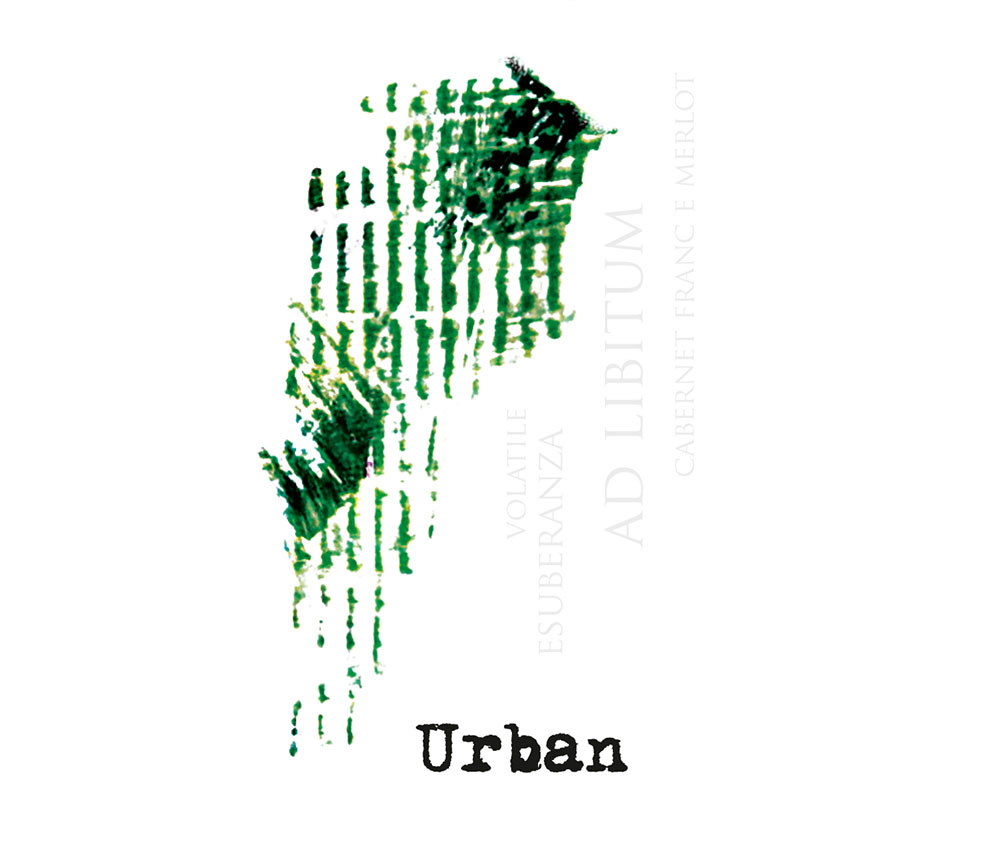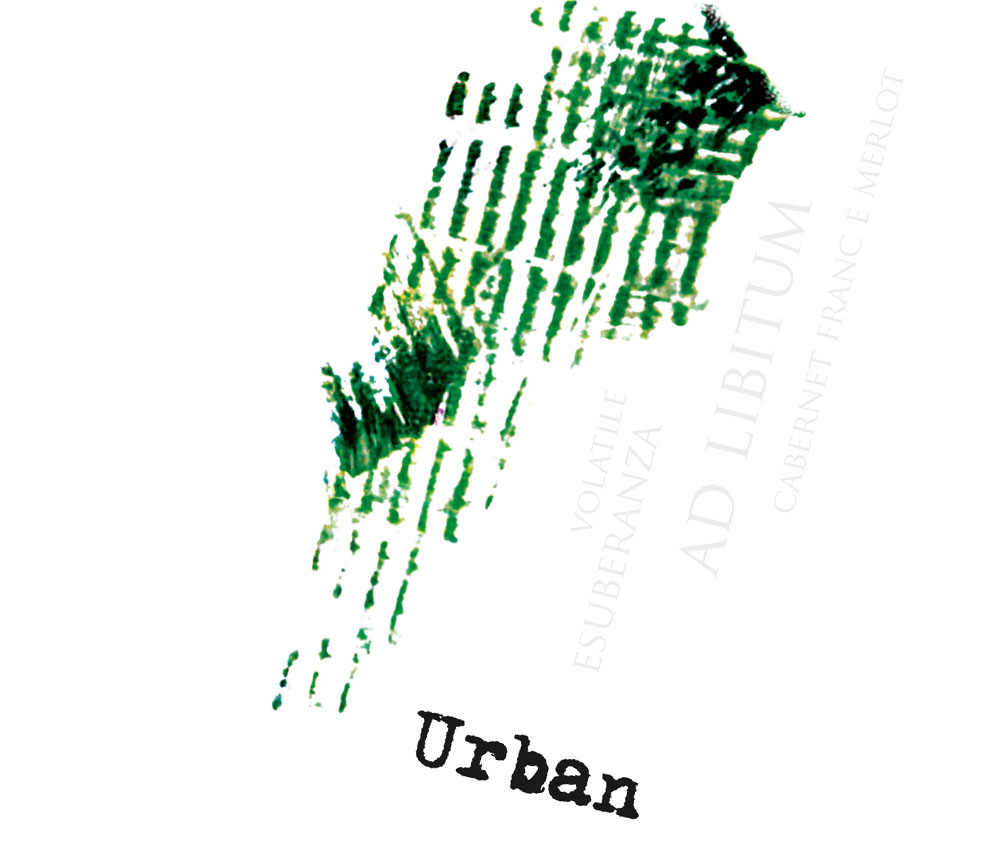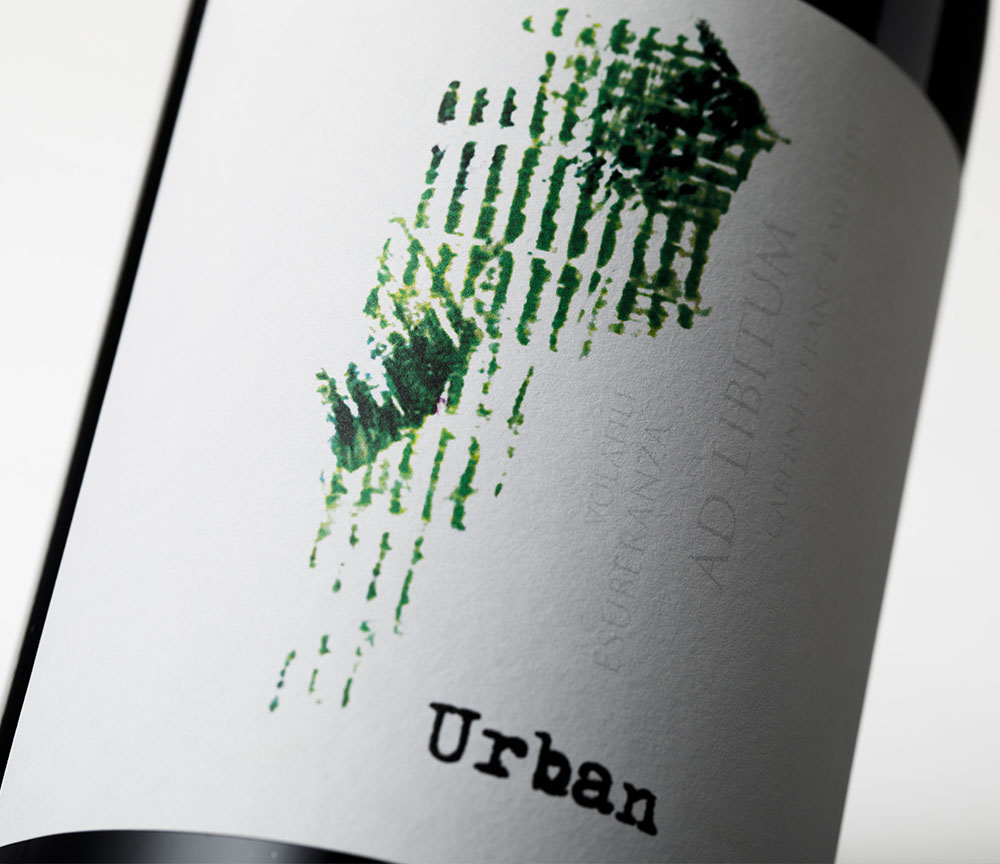URBAN
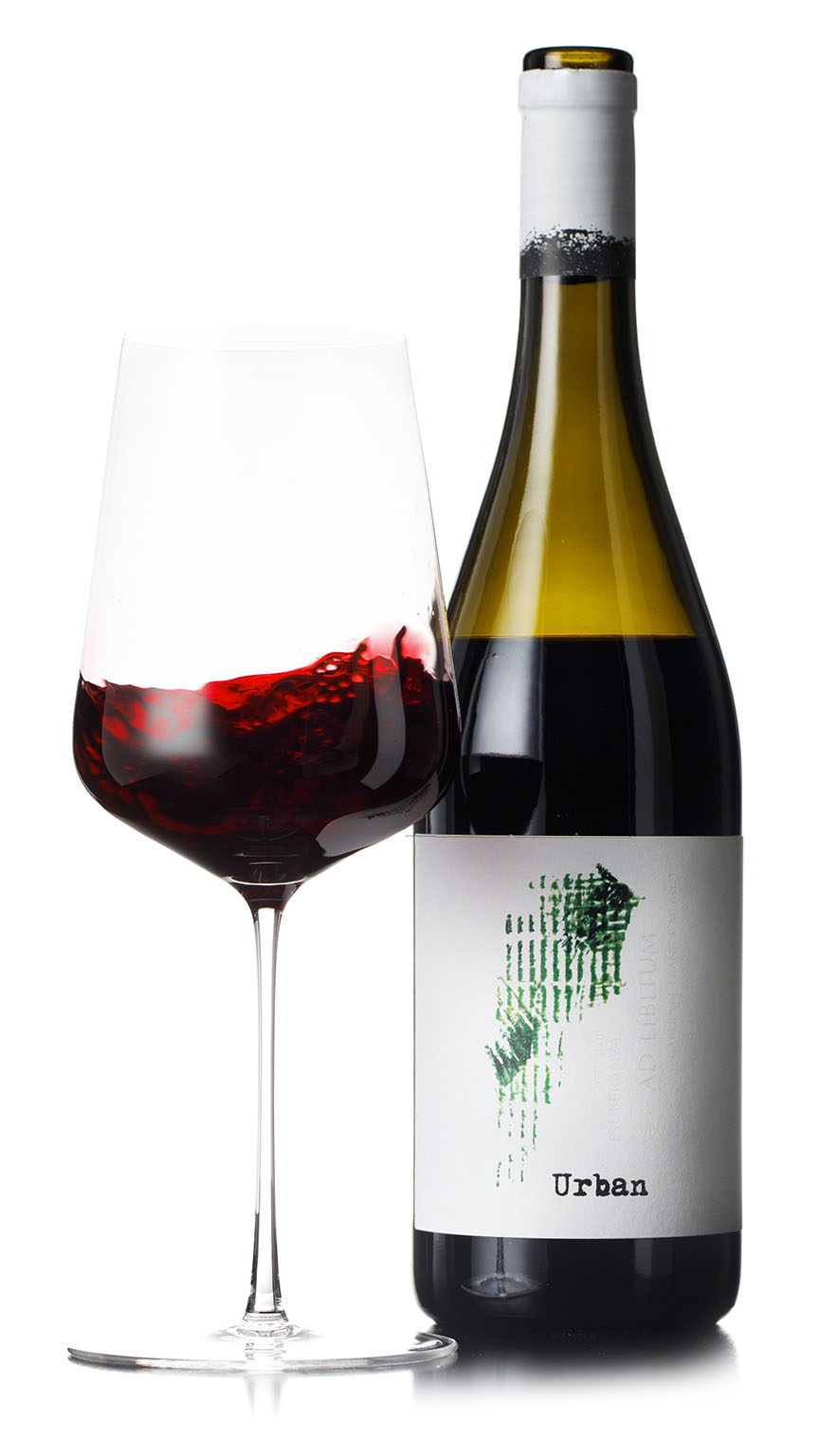
Urban
GRAPEVINE: MERLOT (70%) – CABERNET FRANC (30%)
SOIL: calcareous
YEAR OF IMPLANT: 1940
N° OF BOTTLES: 5000
HARVEST: manual
PROCESSES: The different varieties are harvested separately, allowing each grape to reach the perfect state of maturation. The spontaneous fermentation takes place in wooden barrels, where the grapes are left in contact with the skins for 30/40 days. Maturation and aging take place instead in large tanks of natural cement (non-vitrified). No clarification or filtration is performed.

Urban
GRAPEVINE: MERLOT (70%) – CABERNET FRANC (30%)
SOIL: calcareous
YEAR OF IMPLANT: 1940
N° OF BOTTLES: 5000
HARVEST: manual
PROCESSES: The different varieties are harvested separately, allowing each grape to reach the perfect state of maturation. The spontaneous fermentation takes place in wooden barrels, where the grapes are left in contact with the skins for 30/40 days. Maturation and aging take place instead in large tanks of natural cement (non-vitrified). No clarification or filtration is performed.
LABEL STORY
Into the making of the label Urban
The Urban label is born from the work of the painter Mariki. The painting represents the urban dimension, with skyscrapers and windows. The sign extracted from the painting keeps this perception alive, but it also creates another point of view.
The de-contextualization of the artist’s brush stroke brings us to the countryside, to the vineyard, in which we seem to recognize the sign of the tractor on the soil. An imprint of the human work but also the man himself who lives the dimension of the city.
LABEL STORY
Into the making of the label Urban
The Urban label is born from the work of the painter Mariki. The painting represents the urban dimension, with skyscrapers and windows. The sign extracted from the painting keeps this perception alive, but it also creates another point of view.
The de-contextualization of the artist’s brush stroke brings us to the countryside, to the vineyard, in which we seem to recognize the sign of the tractor on the soil. An imprint of the human work but also the man himself who lives the dimension of the city.
